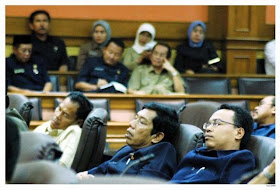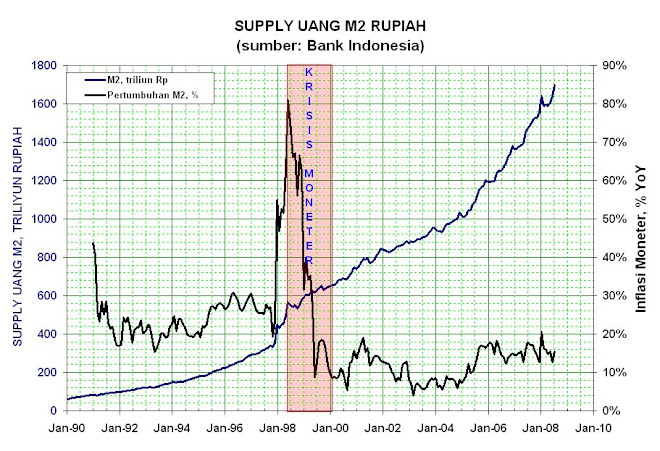The ouster of Hosni Mubarak from Egypt’s presidency today, after protests that started Jan. 25, prompted the following comments from analysts:Angus Blair, head of research at Cairo-based Beltone Financial:
“The army needs to move quickly to remove obstacles to private investment, such as overhauling the bureaucracy, and cutting tariffs.”
“The private sector needs to be as liberated as the people have been today.”
Mona Mansour, a research director at Egyptian investment bank CI Capital:
“Even if this means military rule at least it brings stability. This could be positive for the economy. It may take some time for investment flows to come in but it is positive.”
Moustafa El-Husseini, Egyptian author of Egypt on the Brink of the Unknown:”
“The military cannot stop this momentum.”
“The military knows that if it tries to stop the transformation to democracy the price it will have to pay may be steep.”
Karim Mezran, professor of international relations at the Johns Hopkins University campus in Bologna, Italy:
The Egyptian people’s “demands have basically been met, and at this point continuing the protests means going up against the military. I think most of them will go home. The army will tell them that the transformation is under way, that the economy is suffering, that people have to get back to work.
“The people are not fooled. They know the system is still in place. But they have gotten much of what they wanted and they know they can’t provoke the military.”
“It will become a semi-democracy. The emergency laws will be lifted. There will be more freedom of speech. There will be a political opening. But it will be a supervised democracy, a bit like Turkey in the 1990s. It will be much better than what it is now, but I wouldn’t expect a 100 percent democracy.”
“America has switched sides. Obama has made it clear they won’t stand by dictators.”
“Regimes across the area will open up to oppositions to try to calm things down. Algeria is most at risk because of the internal dynamics there. But they seem to have managed to keep things calm by making concessions.”
Hani Sabra, New York-based Middle East expert, Eurasia Group:
“I don’t think it’s the start of a domino effect but it puts other Arab governments on notice. Some will take more aggressive pre-emptive steps to prevent what we saw in Tunisia and Egypt from happening.
Egypt’s army chiefs shut down escape routes for corrupt leaders of Hosni Mubarak’s regime yesterday.They imposed a travel ban on all current and ex-government officials after former information minister Anas el-Fekky was caught trying to catch a plane out of Cairo airport yesterday morning.
He was placed under house arrest last night, although military sources did not give a reason.
The travel ban, along with a pledge made on Friday to hand power to elected leaders, delighted crowds in Tahrir Square. The main coalition of youth and opposition groups said it would call for weekly demonstrations to maintain pressure for reform.
The military council running Egypt said it would “pave the way for an elected civil authority to build a free democratic state,” but set no dates.
Disclaimer: Ekonomi (dan investasi) bukan sains dan tidak pernah dibuktikan secara eksperimen; tulisan ini dimaksudkan sebagai hiburan dan bukan sebagai anjuran berinvestasi oleh sebab itu penulis tidak bertanggung jawab atas segala kerugian yang diakibatkan karena mengikuti informasi dari tulisan ini. Akan tetapi jika anda beruntung karena penggunaan informasi di tulisan ini, EOWI dengan suka hati kalau anda mentraktir EOWI makan-makan.
![[Most Recent USD from www.kitco.com]](http://www.weblinks247.com/indexes/idx24_usd_en_2.gif)
![[Most Recent Quotes from www.kitco.com]](http://www.kitconet.com/images/sp_en_6.gif)
![[Most Recent Quotes from www.kitco.com]](http://www.kitconet.com/charts/metals/gold/t24_au_en_usoz_2.gif)
![[Most Recent Quotes from www.kitco.com]](http://www.kitconet.com/charts/metals/silver/t24_ag_en_usoz_2.gif)




No comments:
Post a Comment